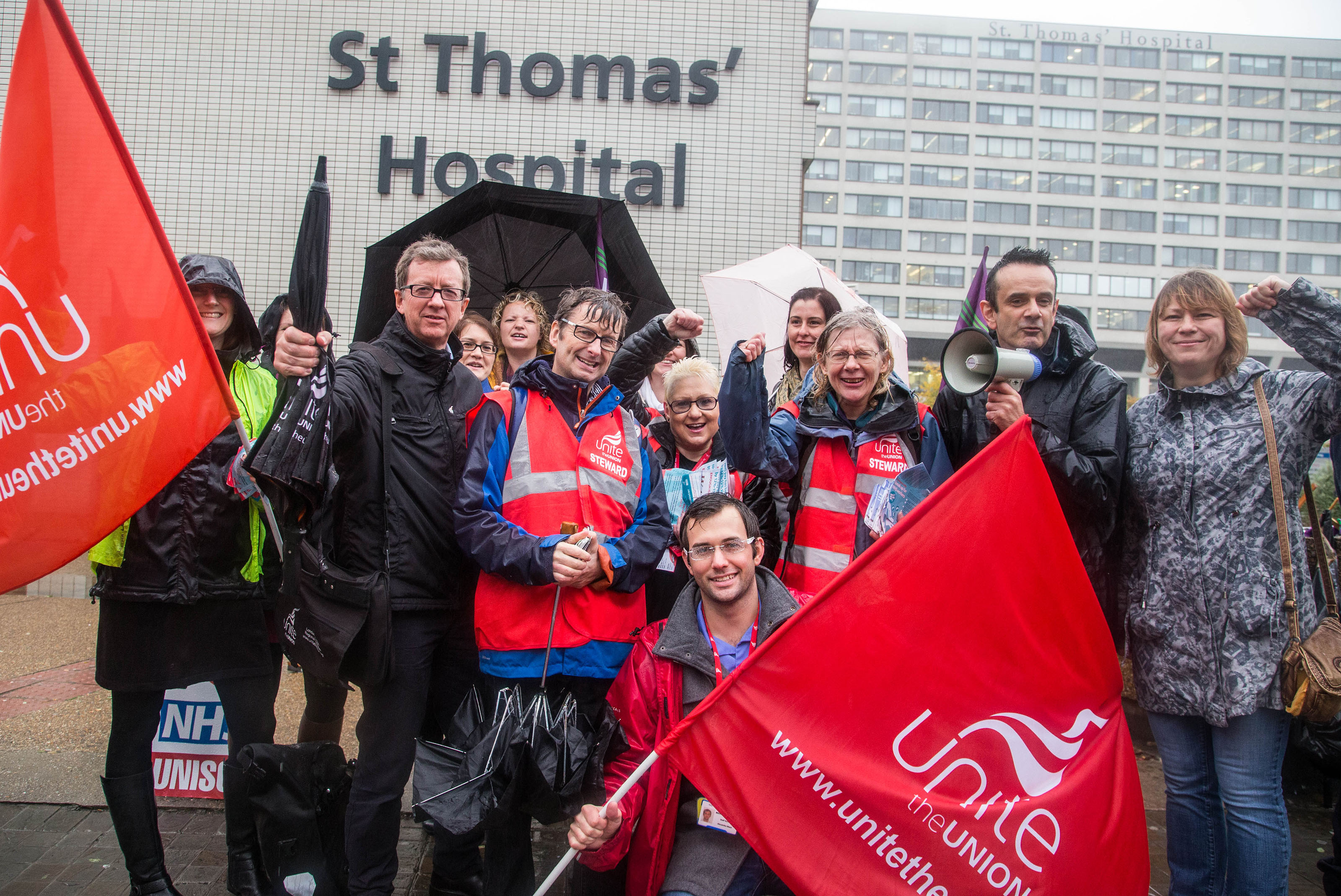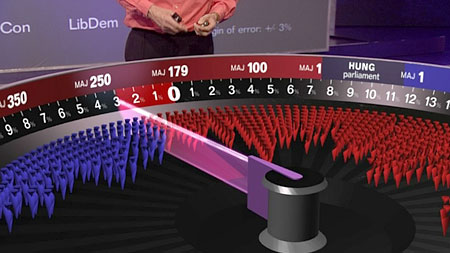The great Tory jobs illusion
While the central weapon of the Tory’s election campaign – economic growth – collapsed yesterday, one of their claims does indeed hold water.
The coalition government has actually presided over a fall in unemployment, with the number of people not in work below two million for the first time since 2008.
Sounds great, but as with so many Tory claims, beneath the surface lurks another, altogether different story.
Falling unemployment has disguised a number of inconvenient truths – that, for example, low-paid, part-time work dominates the labour market, making the UK one of the most underemployed nations in the entire EU, hardly any better than Spain or Greece.
This was a point highlighted by the Independent’s David Blanchflower, who said that this vast legion of underemployed people explained why a textbook economic outcome – as unemployment falls, wages rise – was simply not playing out this time around.
“The number of part-time under-employed workers in the UK…fell slowly from 1.88 million in the first quarter of 2014 to 1.75 million in Q4 2014,” Blanchflower noted.
“Over the same period, unemployment fell from 2.17m to 1.8m. So there are only 50,000 fewer under-employed workers in the UK than there are unemployed workers. This is hardly a success story.
“This statistic suggests the UK economy is a very long way from full employment and – surely – is part of the explanation of why wage growth remains low while unemployment is now relatively low.”
You’d also have to dig a bit deeper than the headlines to learn that official unemployment statistics do not include those who are “economically inactive” – those who, so desperate to find a decent job, have given up on the search for one altogether.
And then there’s the legions of self-employed workers, who count as part of employment statistics but earn a fraction of full-time employees, often well below the minimum wage.
This hidden army of people struggling to find work that pays enough to make ends meet stands in sharp contrast to the upper end of the labour market, where a handful of the country’s wealthiest earn more than they’ve ever earned before.
Fat cats are alright
The High Pay Centre revealed in a recent analysis that bosses of Britain’s biggest firms saw pay rises of £350,000 on average last year.
Including salary, bonuses, pensions and other benefits, the chief executives of FTSE companies took home an average of ÂŁ4.46m in 2014.
And as for the very top of those sitting at the top, their pay packets effectively doubled and in some cases even tripled.
Ben van Beurden of Royal Dutch Shell raked in almost ÂŁ20m last year, compared to ÂŁ7m in 2013, while Erik Engstrom, head of publisher Reed Elseveir, saw his pay upped from ÂŁ5.4m in 2013 to 16.2m in 2014.
The High Pay Centre calculated that van Beurden earned on average a shocking 218 times more than the average Shell worker, while Engstrom out-earned his employees by a factor of 322.
“When we look at these latest figures, we see the same story emerging again and again,” noted Unite assistant general secretary Steve Turner.
“The vast majority of working people struggle on low-paid, insecure work while the wealthy only continue becoming wealthier. This is not a â€jobs miracle’ as the Tories have claimed – it’s a jobs mirage.”
“While the Tory leadership continues to have its head buried deep in the sand over the cost-of-living crisis facing millions, Labour is on our side. Its policies – from raising the minimum wage, to freezing energy prices to action on zero hours contracts and tackling outrageously high executive pay and tax avoidance – go to the very root of the problems facing working people. The choice, only a week from today, is absolutely clear,” he added.
 Like
Like Follow
Follow


